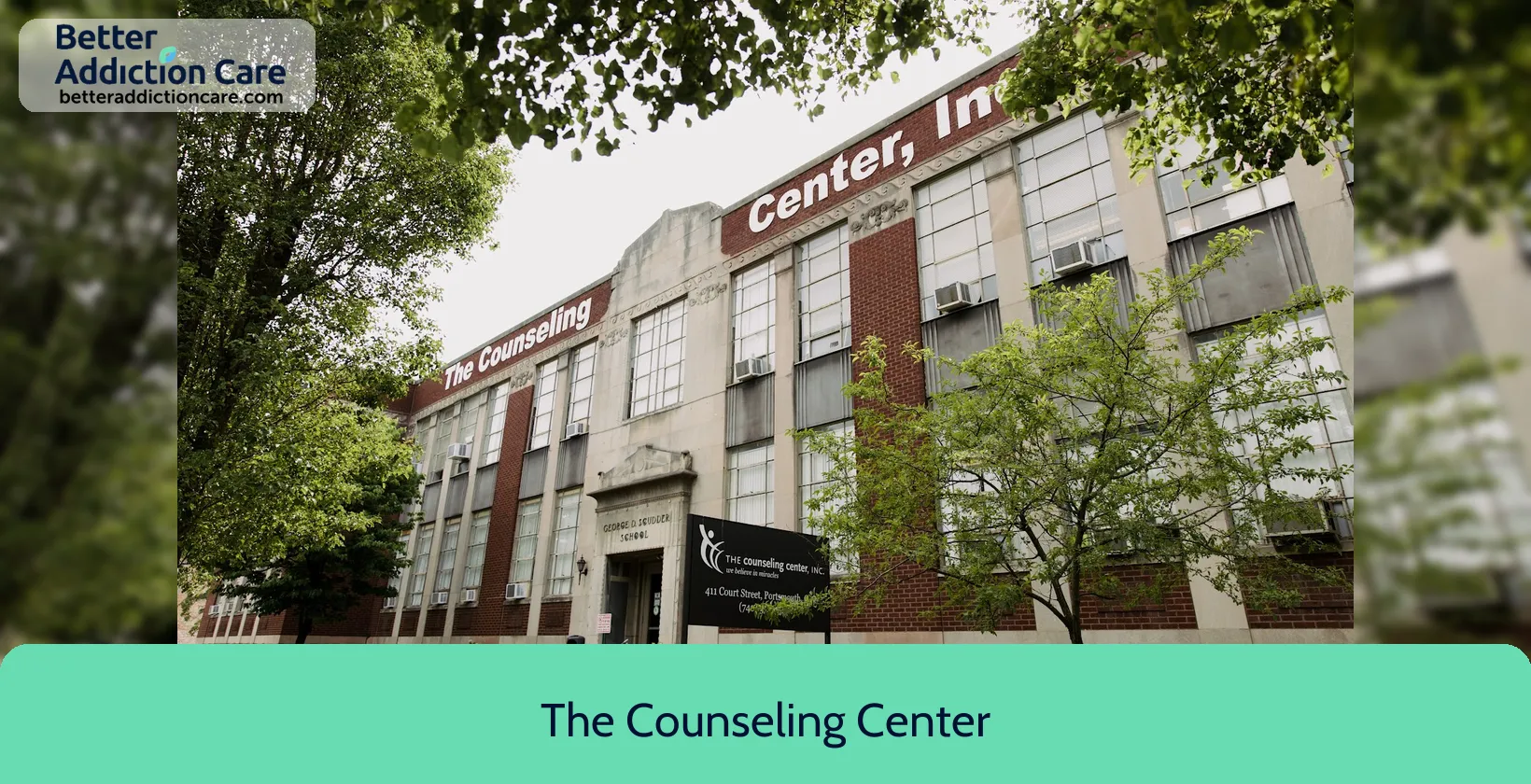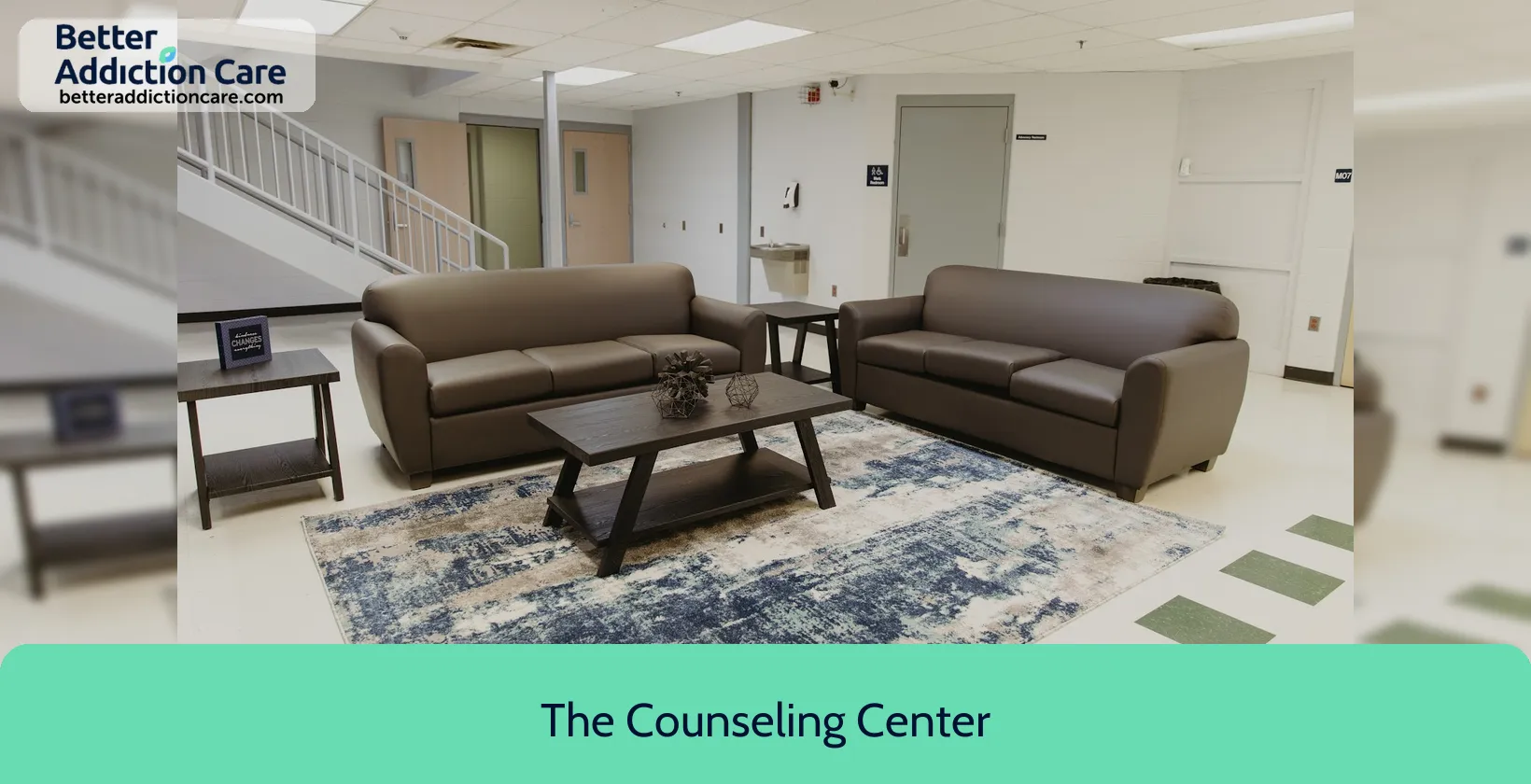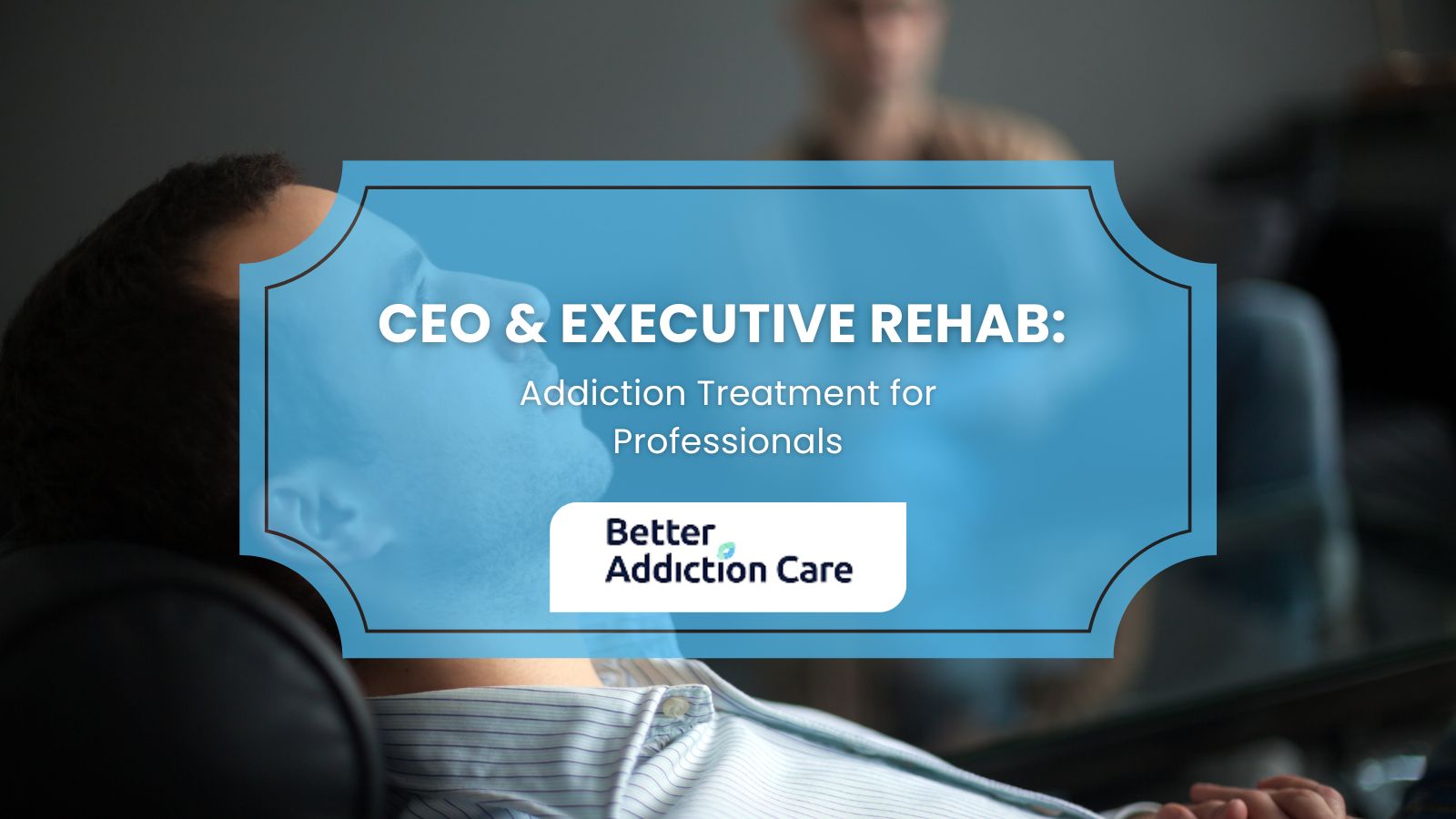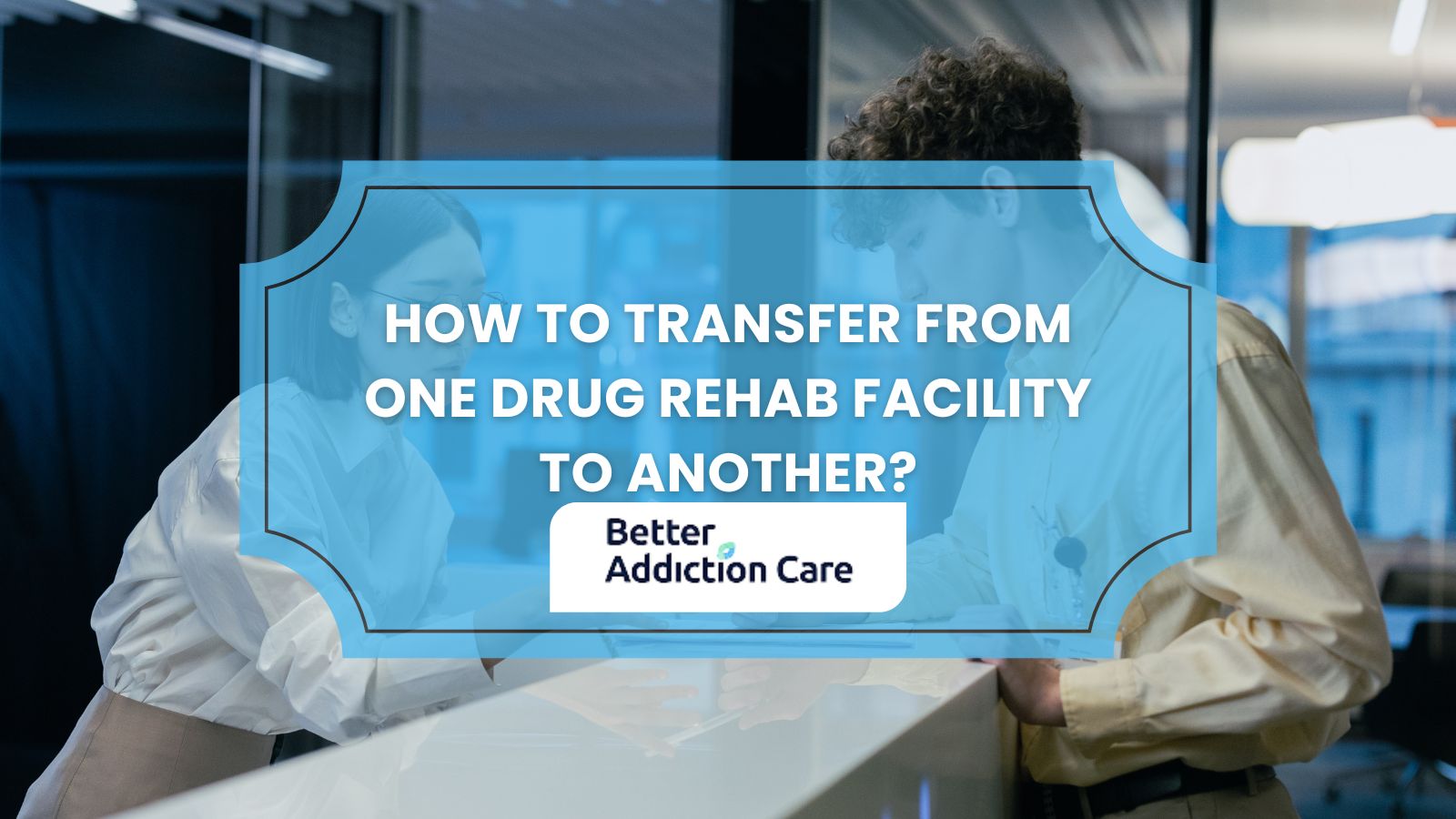The Counseling Center
Overview
The Counseling Center, situated in Portsmouth, Ohio, provides a comprehensive array of behavioral health services to individuals who are grappling with substance use disorders and mental health issues. Innovative therapies and supportive counseling are the primary objectives of their programs, which are designed to empower clients. The facility offers a diverse range of services, such as inpatient rehabilitation, detoxification, outpatient programs, intensive outpatient programs (IOP), partial hospitalization programs (PHP), aftercare, and sober living/halfway houses. Their approach is inclusive and does not prioritize gender-specific or faith-based programs.
The center implements a variety of treatment modalities, including Cognitive Behavioral Therapy (CBT), conflict management, activity therapy, and supportive counseling, each of which is customized to address the distinct requirements of the individual client. A notable characteristic of The Counseling Center is its commitment to establishing a robust and supportive community for the purpose of healing and recovery by providing immediate access to therapy. The center maintains rigorous standards of care and is accredited by the Commission on Accreditation of Rehabilitation Facilities (CARF). The facility accepts a variety of private insurance plans, and clients are encouraged to contact the center directly for details on insurance coverage.
The Counseling Center at a Glance
Payment Options
- Cash or self-payment
- Medicaid
- Medicare
- Private health insurance
- Federal, or any government funding for substance use treatment programs
Assessments
- Screening for tobacco use
- Comprehensive mental health assessment
- Comprehensive substance use assessment
- Interim services for clients
- Outreach to persons in the community
Age Groups
- Adolescents
Ancillary Services
- Case management service
- Integrated primary care services
- Residential beds for client's children
- Child care for client's children
- Mental health services
Highlights About The Counseling Center
7.39/10
With an overall rating of 7.39/10, this facility has following balanced range of services. Alcohol Rehabilitation: 8.00/10, Drug Rehab and Detox: 8.46/10, Insurance and Payments: 6.00/10, Treatment Options: 7.09/10.-
Drug Rehab and Detox 8.46
-
Alcohol Rehabilitation 8.00
-
Treatment Options 7.09
-
Insurance and Payments 6.00
Accreditations
State mental health department:
State mental health department accreditation refers to the process of evaluating and certifying the quality and standards of a state's mental health department, ensuring that it provides high-quality services and meets specific criteria for mental health care. The accreditation process is performed by a third-party organization and helps to improve the overall care and treatment of individuals with mental health conditions.
Commission on Accreditation of Rehabilitation Facilities (CARF):

CARF accreditation is a prestigious recognition granted to rehabilitation and human service organizations. It signifies that an organization meets high-quality standards, having undergone a rigorous evaluation process. CARF accreditation boosts an organization's credibility and ensures top-notch care for individuals with disabilities, injuries, or healthcare needs.
Treatment At The Counseling Center
Treatment Conditions
- Alcoholism
- Mental health treatment
- Substance use treatment
- Co-occurring Disorders
Care Levels
- Hospital inpatient treatment
- Outpatient
- Short-term residential
- Residential detoxification
- Outpatient detoxification
Treatment Modalities
- Cognitive behavioral therapy
- Telemedicine/telehealth therapy
- Substance use disorder counseling
- Group counseling
- Family counseling
Ancillary Services
Languages
- English
Additional Services
- Pharmacotherapies administered during treatment
- Housing services
- Breathalyzer or blood alcohol testing
Special Programs
- Clients with co-occurring mental and substance use disorders
- Criminal justice (other than DUI/DWI)/Forensic clients
- Pregnant/postpartum women
Contact Information
Read our Most Recent Article About Drug Addiction
DISCLAIMER: The facility name, logo and brand are the property and registered trademarks of The Counseling Center, and are being used for identification and informational purposes only. Use of these names, logos and brands shall not imply endorsement. BetterAddictionCare.com is not affiliated with or sponsored by The Counseling Center.










